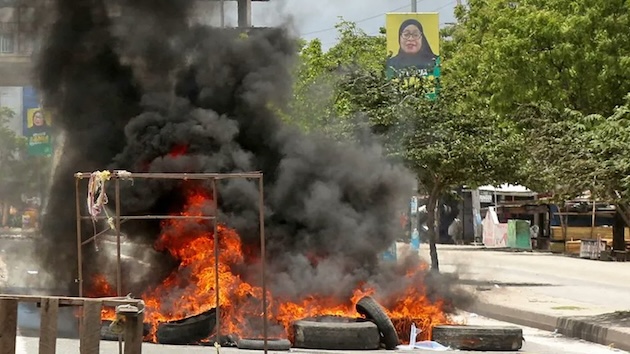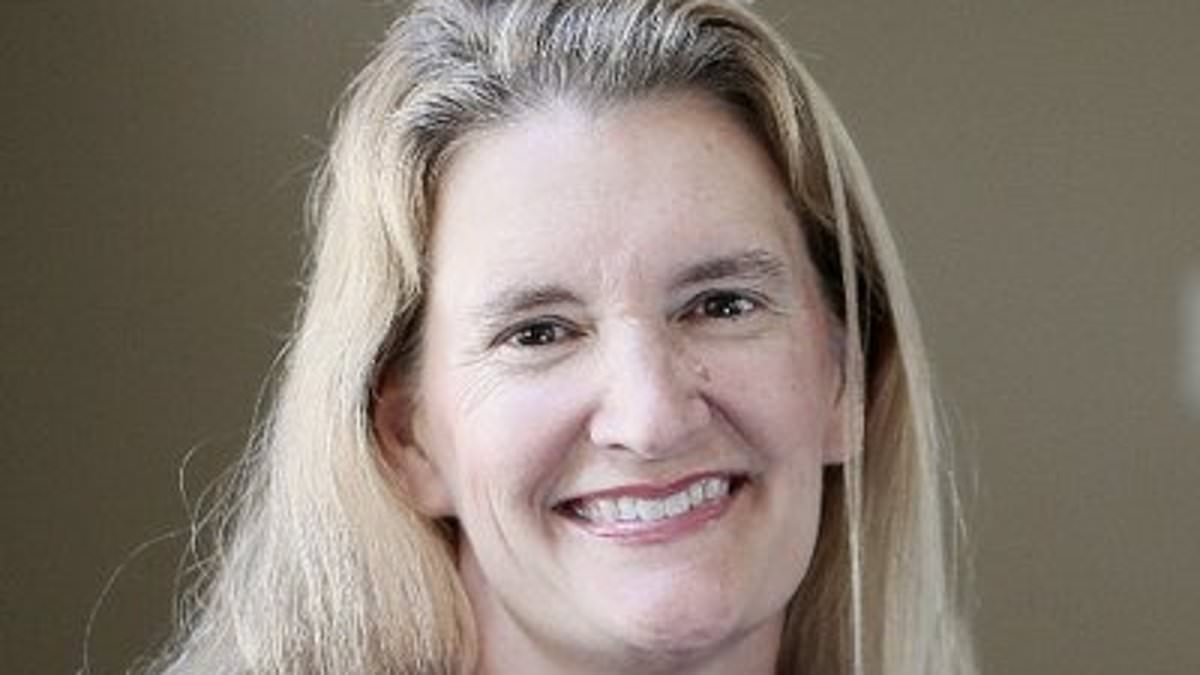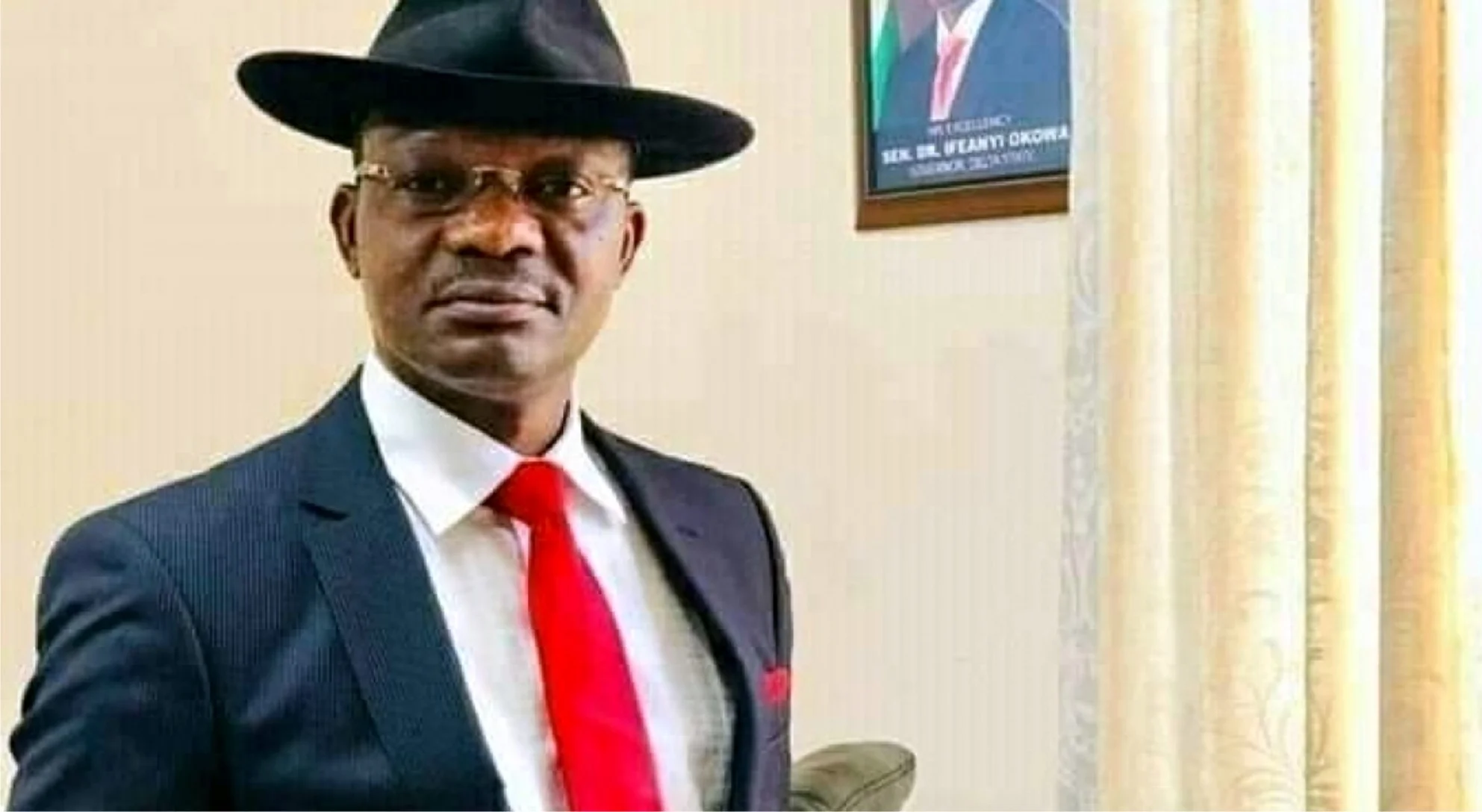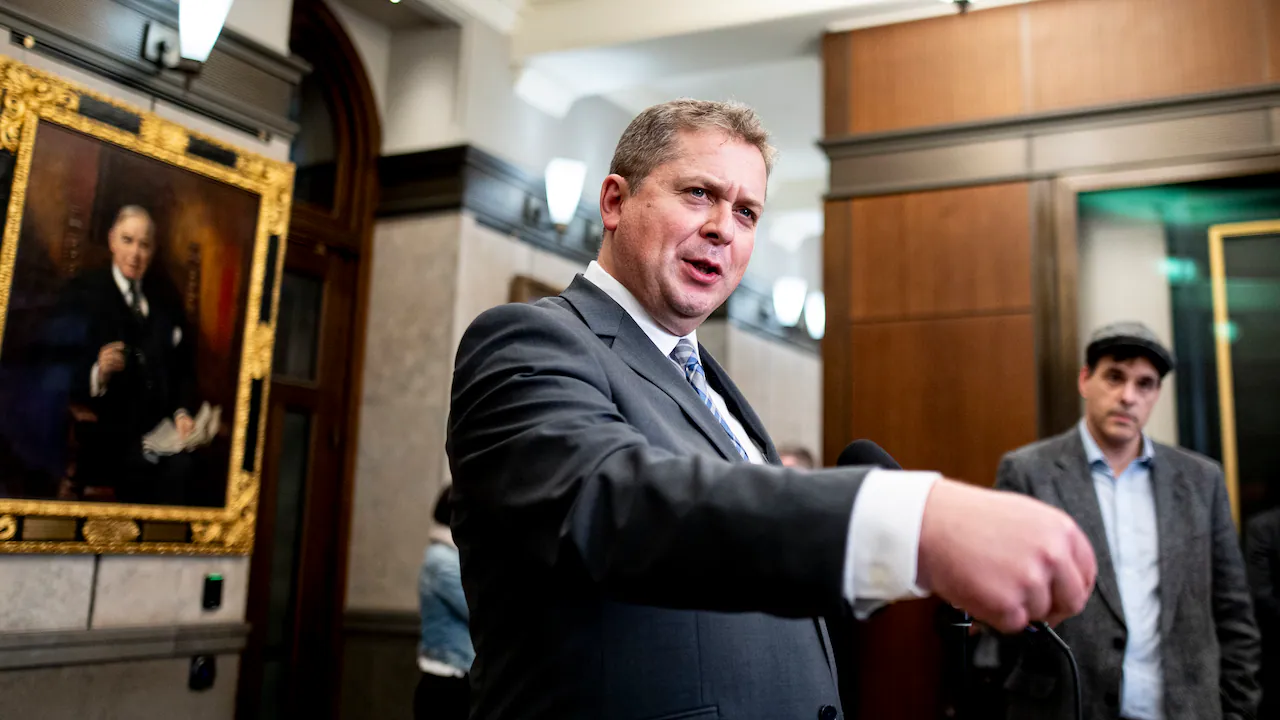Copyright globalissues

by Kizito Makoye (dar es salaam, tanzania)Wednesday, November 05, 2025Inter Press Service DAR ES SALAAM, Tanzania, November 5 (IPS) - At dawn in Manzese, a dusty township on the outskirts of Dar es Salaam, silence hangs where the sounds of commerce once roared. The township, usually crowded with street cooks, vegetable vendors, mechanics, and motorcycle taxis snaking through the morning rush, stood eerily empty. Shutters are pulled down, wooden stalls abandoned, and the air is heavy with the smell of burnt rubber. For five days, the township’s bustling economic life has been paralyzed—leaving residents unable to buy food or access basic services. “I still can’t believe what I saw,” says Abel Nteena, a 36-year-old tricycle rider, his voice trembling as he recalls the horror that unfolded on October 31. “Masked men in black with red armbands came out of nowhere. They started shooting at us as we queued for fuel. They spoke Swahili, but their accent was strange—and their skin was unusually dark. They shouted at everyone to run and opened fire.” Nteena says three of his colleagues were hit by bullets and are now fighting for their lives in a local hospital. “One was shot in the chest, another in the leg. I don’t even know if they will make it,” he says. A City Under Siege The attack was one of several that rocked Dar es Salaam following the disputed presidential elections, which many observers described as deeply flawed. The unrest has claimed hundreds of lives nationwide, with the government imposing a 12-hour curfew to quell the violence. But in doing so, it has paralyzed the country’s economic heart. For the millions who rely on informal trade to survive, the curfew has been a nightmare. Shops and markets close by mid-afternoon, public transport halts, and banks and mobile money agents are often shuttered long before sunset. “I was just buying milk when I heard gunshots,” recalls Neema Nkulu, a 31-year-old mother of three from the Bunju neighborhood. “People screamed and fell to the ground. I saw a man bleeding near the shop. I dropped everything and ran.” She says. “A sniper’s bullet hit the shop’s glass right where I had been standing. I thank God I’m alive.” With financial services disrupted, Neema and many others cannot access money stored in mobile wallets. “I have cash in my phone, but the agents are closed, and I can’t withdraw it,” she says. “My children have gone without proper food for two days.” Daily Struggles Amid Curfew In Dar es Salaam, where nearly six million people depend on daily earnings, the curfew has created cascading hardships. Food prices have soared as trucks bringing supplies from upcountry regions remain stranded due to insecurity and fuel shortages. The cost of maize flour, a staple food, has doubled in a week. Fuel scarcity has sent public transport fares skyrocketing—with commuters paying twice the normal price to reach work. “I used to sell fried fish every evening,” says Rashid Pilo, 39, who runs a roadside stall in Bunju. “My customers are mostly office workers who buy food on their way home. But now, because of the curfew, everyone rushes home early. I have lost almost everything. One night’s curfew means no income and no food for my family.” At Mwananyamala and Mabwepande hospitals, morgues are reportedly overwhelmed by bodies of those killed in the violence. Health workers, speaking anonymously for fear of reprisals, say they have run out of space and body bags. The government has released no official casualty figures, but human rights groups estimate that hundreds have died since election day. “The bodies keep coming,” says one morgue attendant, visibly shaken. “Some have bullet wounds; others were beaten. Families are scared to claim them.” Fear and Silence Across the city, the presence of heavily armed soldiers on the streets has instilled deep fear among residents. Armored vehicles patrol major intersections, and random house searches have become routine. Most city dwellers have chosen to remain indoors, venturing out only when necessary. “I went to three ATMs, but none were working,” says Richard Masawe, a 46-year-old computer specialist at InfoTech company. “The internet was down, and even mobile banking was offline. I couldn’t buy anything or send money to my family. It felt like we were cut off from the world.” The government says the internet shutdown was a “temporary security measure,” but rights groups argue it was an attempt to silence dissent and block the flow of information about the violence. Transport in Dar es Salaam has also been crippled. Long queues of vehicles snake around petrol stations, while most buses remain grounded. “We have fuel for only half a day,” says Walid Masato a Yas station manager. “Deliveries have stopped coming. The roads are unsafe.” An Economy on the Brink According to economist Jerome Mchau, the post-election crisis has exposed Tanzania’s economic fragility. “The informal sector, which employs more than 80 percent of Tanzanians, is the hardest hit,” he explains. “When people can’t move, can’t trade, and can’t access cash, the entire economic system grinds to a halt.” Mchau estimates that the economy could lose up to USD 150 million per week if the unrest continues. “Inflationary pressure is already visible,” he adds. “Food and fuel prices are climbing fast, and consumer confidence is collapsing.” The curfew has also paralyzed logistics networks. Trucks carrying essential goods from the central regions of Dodoma, Morogoro, and Mbeya have been unable to reach the coast, creating artificial shortages in urban centers. “We are seeing panic buying,” Mchau notes. “People are stockpiling rice, pasta, and flour because they don’t know what tomorrow will bring.” Shattered Trust, Deep Divisions Beyond the economic toll, the violence has eroded trust between citizens and the government. Many Tanzanians feel betrayed by a system they once considered a model of stability. “Tanzania was long regarded as a beacon of peace and democracy in Africa,” says Michael Bante, a political commentator based in Dar es Salaam. “But what we’re seeing now is unprecedented—people losing faith in state institutions, opposition voices being silenced, and communities turning against each other.” Bante says the government faces a monumental challenge in restoring public confidence. “President Samia’s administration must act decisively to unite the nation,” he says. “This means not only investigating human rights abuses but also engaging in genuine dialogue with opposition leaders and civil society.” The opposition has accused the ruling party of manipulating the vote and using excessive force to suppress protests. The government, in turn, blames “foreign-funded elements” for inciting violence. The truth, analysts say, likely lies somewhere in between—in the deep mistrust that has been festering for years. A Nation in Mourning In many parts of Dar es Salaam, grief and uncertainty define daily life. At the Manzese Market, women gather quietly in small groups, whispering about missing relatives. The charred remains of kiosks and motorcycles litter the streets. A faint smell of smoke still hangs in the air. “Life will never be the same,” says Nkulu, the young mother who narrowly escaped sniper fire. “We used to feel safe here. Now, every sound of a motorbike makes me jump. I can’t even send my children to school.” Schools across the city remain closed indefinitely. Hospitals report rising cases of trauma and anxiety. Religious leaders have called for calm and reconciliation. Searching for Stability President Samia Suluhu Hassan, who has publicly condemned the violence, faces her toughest political test yet. In a televised address, she called for unity and promised to investigate the attacks. Yet, critics argue that the government’s heavy-handed security response risks inflaming tensions further. “Tanzania is at a crossroads,” says Bante. “The leadership must choose between repression and reform. The world is watching.” International partners, including the African Union and the United Nations, have called for restraint and dialogue. However, diplomatic sources say mediation efforts have stalled as both sides harden their positions. For ordinary Tanzanians like Rashid, the fish vendor, politics has become a matter of survival. “I don’t care who wins or loses,” he says, frying a handful of tilapia over a small charcoal stove. “I just want peace so that I can work and feed my family.” A Fragile Hope As dusk settles over Dar es Salaam, the city remains cloaked in tension. The once-bustling bus stands and food stalls are deserted, the only movement coming from military patrols sweeping through dimly lit streets. Yet, amid the fear and uncertainty, some still cling to hope. “We’ve seen hard times before,” says Masawe, the computer specialist. “If we can rebuild trust, maybe we can rebuild our country too.” For now, that hope feels distant. Tanzania’s post-election crisis has left deep scars in a nation once hailed for its calm. Whether President Samia’s government can heal those wounds remains to be seen. IPS UN Bureau Report © Inter Press Service (20251105080124) — All Rights Reserved. Original source: Inter Press Service



